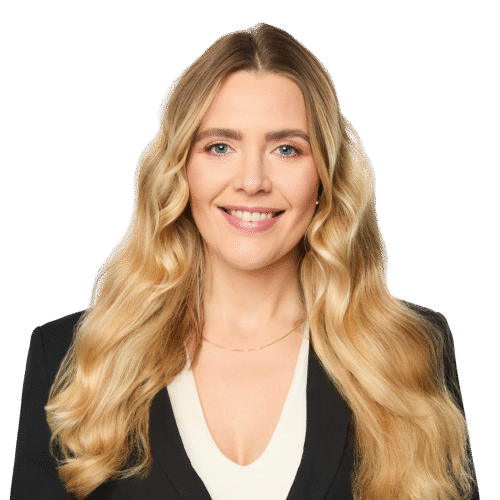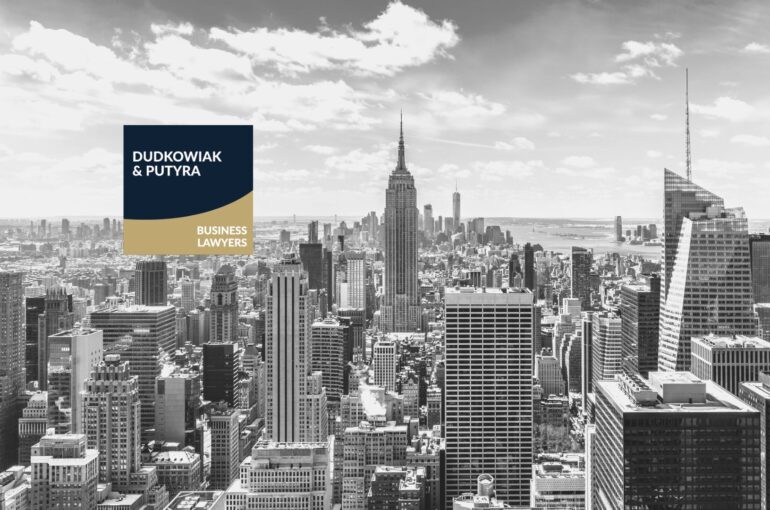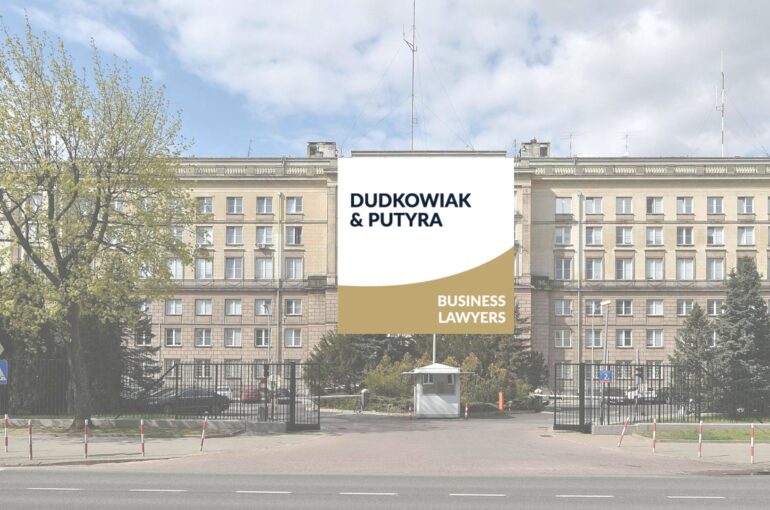Entrepreneurs receiving maternity allowance are not subject to voluntary sickness insurance due to their business activity
The issue that the resolution of the seven judges of the Supreme Court examined, was a legal issue presented in the application of the First President of the Supreme Court to make the so-called abstract interpretation of social insurance law regulations defining the principles of being subject to social insurance. The necessity to make such an interpretation of the law resulted from significant interpretation discrepancies occurring in the rulings of the Supreme Court related to the question whether the voluntary sickness insurance, which was covered – upon the application made before the right to the maternity benefit was started – the person conducting non-agricultural activity ceases to due to the fact that the person’s maternity benefit begins to be collected, or whether it continues uninterruptedly throughout the entire period of receipt of this benefit, and is continued, unless in the meantime any of the circumstances listed in art. 14 par. 2 of the Act on the social insurance system –u.s.u.s (this provision defines three groups of cases in which voluntary sickness insurance ends). In terms of the same legal status, due to the imprecise wording that was used in the text, three different lines of jurisdiction appeared:
1. According to the first position, sickness insurance for a person who pursues non-agricultural activity ceases when he acquires the right to a maternity allowance, as a result of which the person conducting non-agricultural activity is excluded from this insurance for at least the period equal to the period of collecting maternity allowance. As a result of this state of affairs, a person who pursues non-agricultural activity who, after completing the maternity benefit, intends to benefit from the protection he provides to sick people, should submit a new application for (re)reimbursement sickness insurance. What is important, due to the conditions resulting from art. 14 par. 1 and 1a of u.s.u.s. submission of the application becomes effective no sooner than the first day after the maternity benefit period has expired. As a consequence, the „compulsory interruption” in sickness insurance for a person who pursues non-agricultural activity due to the fact that she benefits from maternity benefit leads to a situation where continuity of sickness insurance is not maintained, which may be significant when applying for a person running non-agricultural activity in the future for further benefits financed from sickness insurance (e.g. for sickness benefit), as well as may affect the method of determining the amount of benefits.
2. According to the second case-law, sickness insurance for a person running a non-agricultural activity does not end at the moment of starting the maternity benefit, but ceases only when the benefit is no longer used. This is because in the period of collecting maternity allowance, voluntary sickness insurance is obtained, within the meaning of art. 13 point 13 of u.s.u.s, the legal status of compulsory sickness insurance for the period of collecting maternity allowance, which the legislator qualifies – on the basis of legal fiction – as the period of payment of sickness insurance contributions (Article 14 paragraph 3 of the Act on Social Security), after the maternity benefit period has lapsed, the „transitional” social insurance coverage for maternity benefit ends, which requires the person concerned to submit an application for reacquiring his / her entitlement to voluntary sickness insurance.
3. Finally, according to the third view, voluntary sickness insurance for a person running a non-agricultural activity, initiated with the application before the maternity allowance begins, does not cease either when the maternity benefit is collected or when the benefit ends and continues uninterruptedly.
In the resolution of seven judges of July 11, 2019, the Supreme Court opted for the first of the described case-law. In the opinion of the Supreme Court, the insurance law provisions should be interpreted strictly. The court noted and signaled the defective construction of the provisions in the discussed scope, which, however, does not allow, according to the Supreme Court, to accept an interpretation according to which the sickness insurance of a person running a non-agricultural business activity continues during the period when the person receives maternity allowance. The Supreme Court directly pointed out the editorial flaws of the Act on the social insurance system caused by its numerous amendments, but at the same time stressed that the courts cannot replace the legislator in the performance of law-making activities and through specific interpretations of the law, „correct” defective legislation.
What does this mean in practice? Persons conducting economic activity after completing the collection of maternity benefit should make appropriate declarations regarding the resumption of insurance and pay the premium. However, as judge Józef Iwulski, the President of the Chamber of Labor and Social Insurance of Supreme Court, emphasized, ZUS is obliged to instruct persons conducting business with this necessity in order not to fall into the „legal vacuum” when they are no longer insured for the benefit, but they also lost the title of insurance against non-agricultural activities.


